.jpg)
Commenting on the draft Law on Judicial Expertise (amended), Deputy Head of the National Assembly Delegation of Lam Dong province, Duong Khac Mai, basically agreed with the Government's Submission and the Inspection Report of the Committee on Law and Justice on the necessity of amending the Law on Judicial Expertise 2012.
After more than 10 years of implementation, the Law has created an important legal basis for appraisal activities, contributing to clarifying evidence and ensuring justice in litigation. However, practice shows many difficulties and inadequacies, especially in economic , corruption and position cases, when judicial appraisal becomes a limitation in the investigation, prosecution and trial process.
Therefore, delegates said that this amendment to the Law is very necessary to improve the quality, independence, objectivity and effectiveness of appraisal activities, meeting the requirements of judicial reform and anti-corruption in the new period.
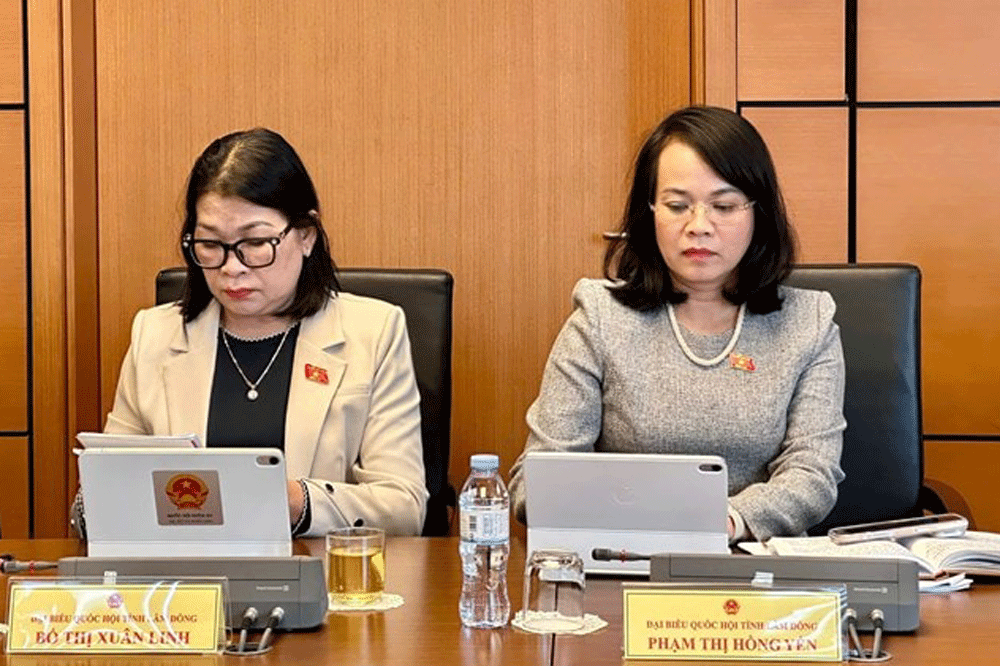
Delegates believe that it is necessary to clearly separate these two types: Judicial appraisal serving litigation activities, within the scope of regulation of the Law on Judicial Appraisal.
Extrajudicial appraisal is a service activity, so the Government should specify the details in the decree to avoid the situation of "being both a professional agency and a service business unit".
This both ensures consistency in the legal system and prevents conflicts of interest and the risk of commercialization of appraisal activities.
Regarding the scope of regulation and scope of amendment of the draft Law, delegates agreed with the direction of expanding the scope of regulation, covering all appraisal activities serving criminal, civil and administrative proceedings.
However, according to the delegates, the draft Law still overlaps between judicial appraisal and extrajudicial appraisal. Many opinions in the Committee on Law and Justice have pointed this out. Therefore, it is necessary to clearly separate these two types to ensure consistency in the legal system, while preventing conflicts of interest and the risk of commercialization of appraisal activities.
.jpg)
Regarding the principles and professional independence in appraisal, the delegates commented that the positive point is that the draft has added the principle of "independence in the appraisal process and drawing conclusions". However, there is still a lack of a mechanism to ensure that independence is real. Therefore, it is recommended to add specific provisions that "judicial appraisers and judicial appraisal organizations operate independently in terms of expertise, and are not subject to interference or direction on the content of conclusions from any agency, organization or individual". At the same time, there should be strict sanctions for acts of interference, pressure or bribery of appraisers.
Regarding the principles and professional independence in appraisal, the delegates commented that the positive point is that the draft has added the principle of "independence in the appraisal process and drawing conclusions". However, there is still a lack of a mechanism to ensure that independence is real. Therefore, it is recommended to add specific provisions that "judicial appraisers and judicial appraisal organizations operate independently in terms of expertise, and are not subject to interference or direction on the content of conclusions from any agency, organization or individual". At the same time, there should be strict sanctions for acts of interference, pressure or bribery of appraisers.
Regarding the socialization of appraisal activities, strict control is needed. The draft allows for the expansion of socialization through the Judicial Appraisal Office and case-by-case appraisal organizations.
Delegates commented that this is the right direction, but it also poses risks to quality and professional ethics if there is a lack of control mechanism. Therefore, it is recommended to set clear standards on conditions for practice, licensing, recognition, suspension and revocation mechanisms for non-public forensic organizations.
At the same time, supplement regulations on independent appraisal and quality control of appraisal conclusions, possibly through the Professional Council or specialized agencies under the Ministry of Justice. In addition, it is necessary to develop a mechanism to periodically assess the capacity of non-public judicial appraisers to ensure the prestige and quality of appraisals.
Source: https://baolamdong.vn/dai-bieu-duong-khac-mai-de-xuat-can-tach-bach-giam-dinh-tu-phap-va-giam-dinh-dich-vu-400608.html




![[Photo] Closing of the 14th Conference of the 13th Party Central Committee](https://vphoto.vietnam.vn/thumb/1200x675/vietnam/resource/IMAGE/2025/11/06/1762404919012_a1-bnd-5975-5183-jpg.webp)



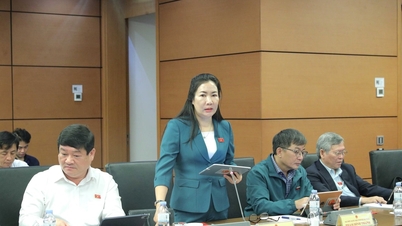

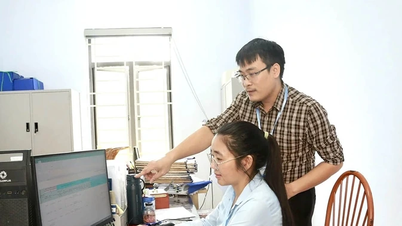







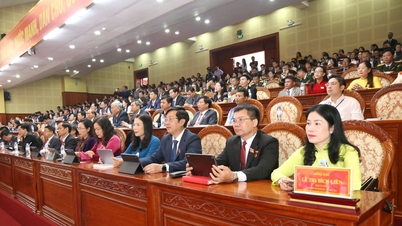


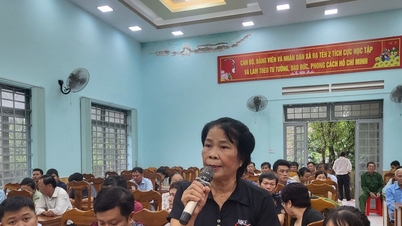
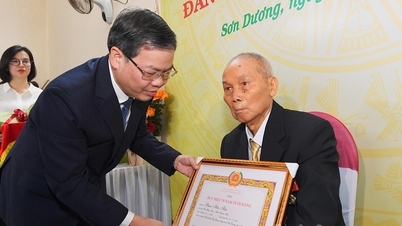

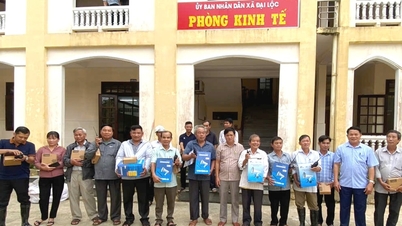

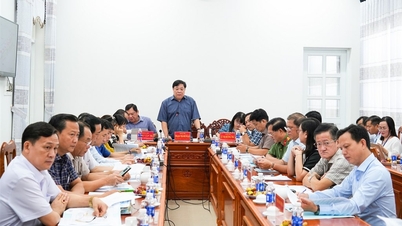






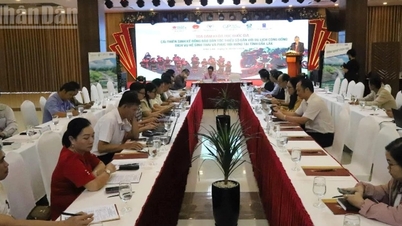
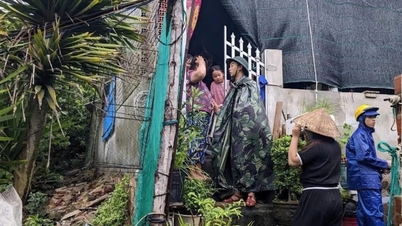

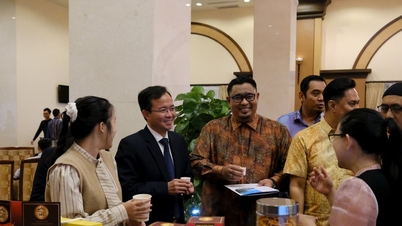
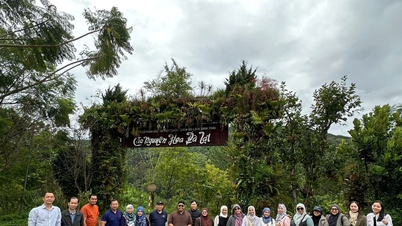





































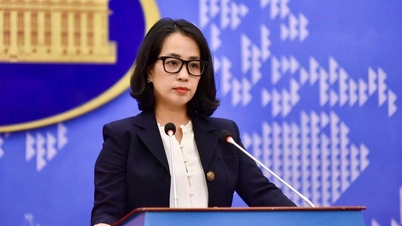
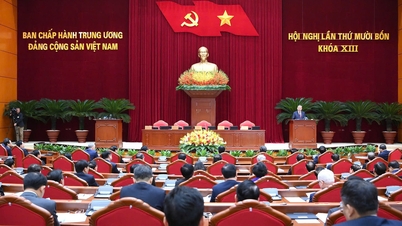


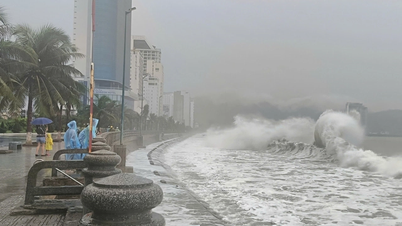
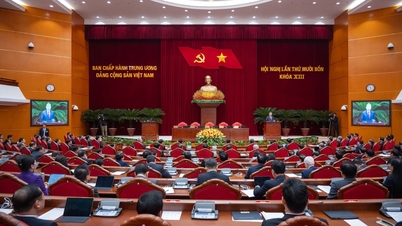







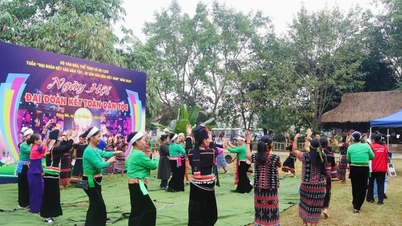



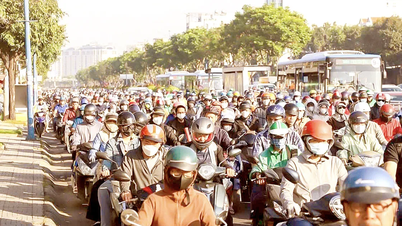




















Comment (0)